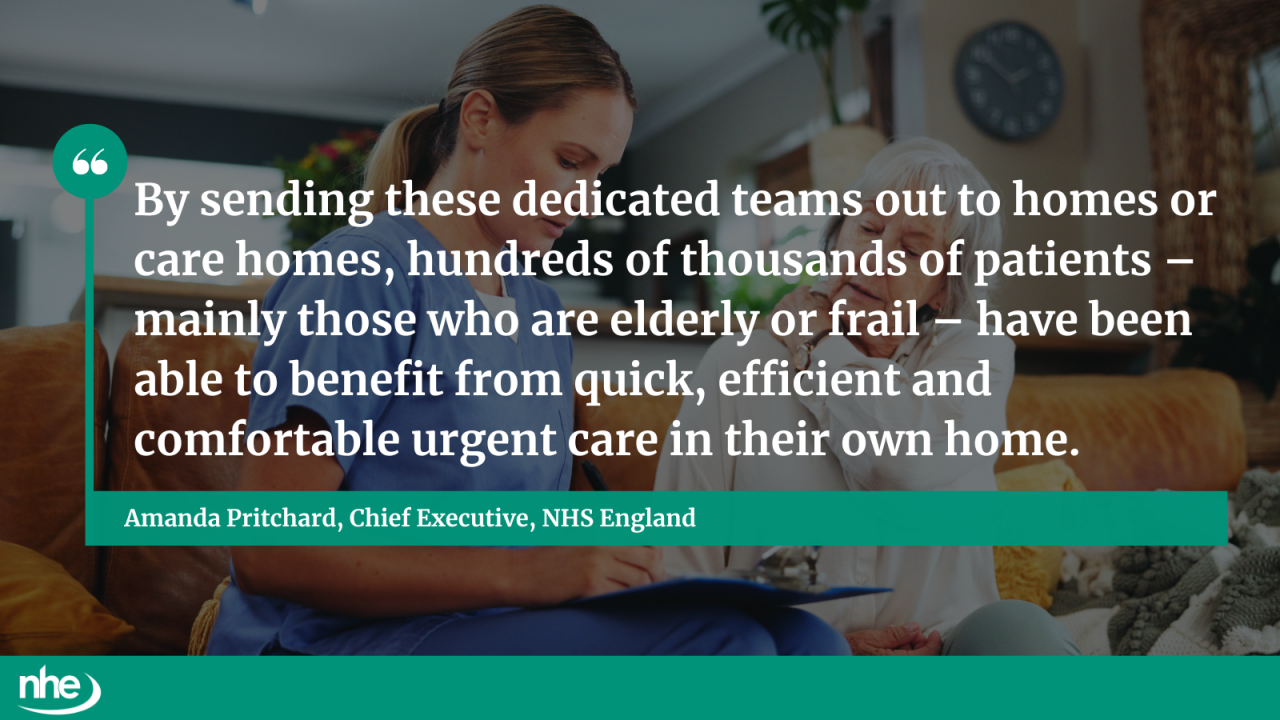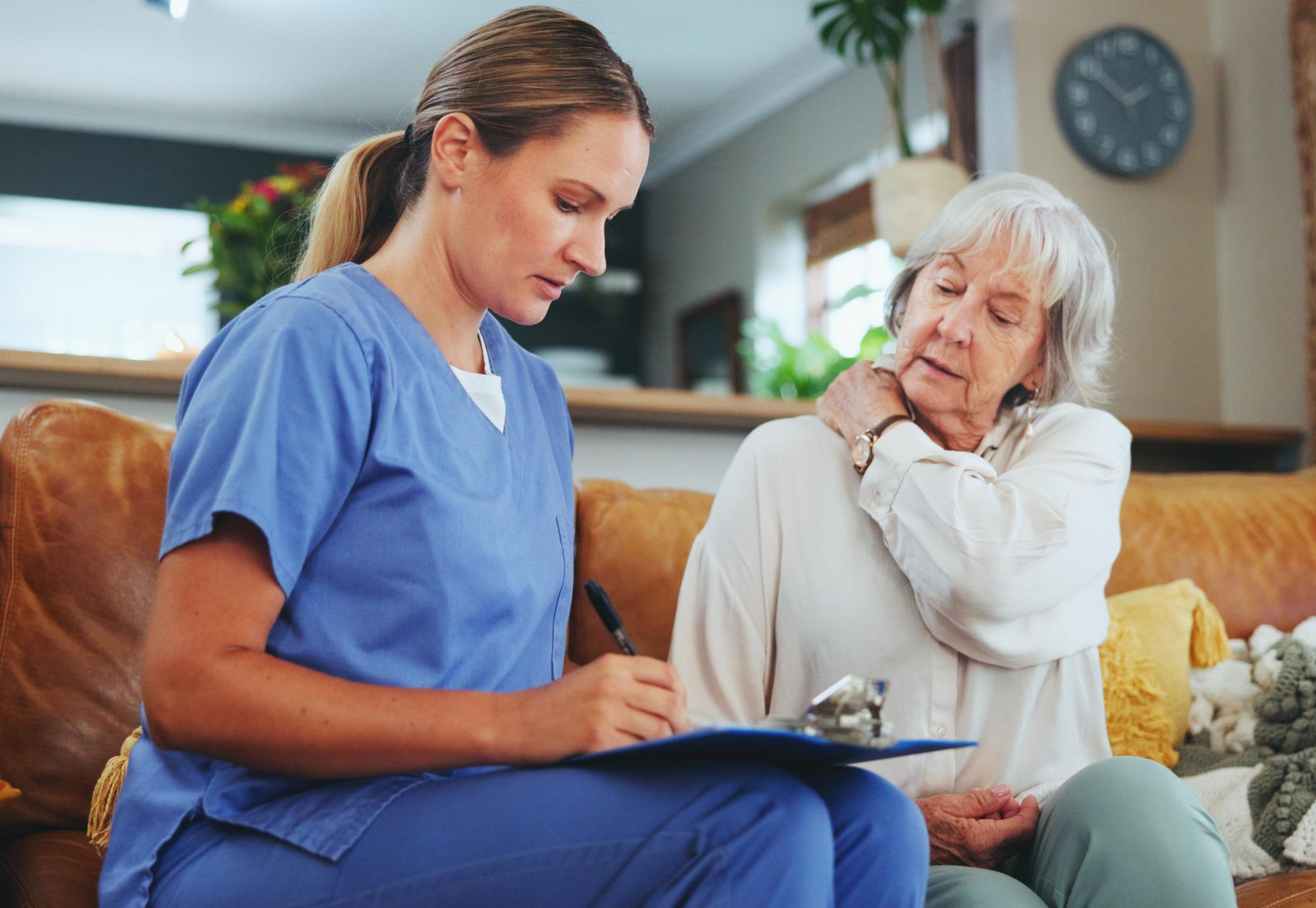In a significant move to alleviate winter pressures, the NHS has announced that hundreds of thousands of older and frail patients will receive urgent treatment from home.
This initiative is part of the NHS's comprehensive plan to manage the increased demand during the winter months.
Rapid response teams, based in local neighbourhoods, will attend to less clinically urgent calls within two hours. These teams will treat a variety of conditions at home, from falls and diabetes support to confusion. This approach ensures that patients receive quick and effective care in their homes, avoiding hospital stays and preventing admissions.
The NHS has been proactive in preparing for the busy winter period. Measures include same-day emergency care, 24-hour live data centres, and extensive vaccination efforts. Today marks the last day for booking COVID-19 and flu vaccination appointments via the NHS App, website, or by calling 119. With flu season peaking in December and January, vaccinations are crucial to prevent serious illnesses and hospitalisations.
Chief Executive of NHS England, Amanda Pritchard, commented:
“By sending these dedicated teams out to homes or care homes, hundreds of thousands of patients – mainly those who are elderly or frail – have been able to benefit from quick, efficient and comfortable urgent care in their own home – whether it’s support after a fall, help with catheter problems, or urgent diabetes help.
“These teams are helping to reform the way we deliver care in the NHS – helping us make the shift from hospital to community as part of plans for the future through the 10 Year Plan. Not only is this better for patients, but it is better for the NHS too, particularly as we manage what is already a busy winter for staff.
“NHS staff, as ever, are doing an incredible job in managing the additional pressure and the public can play their part too by using services as they normally would – use A&E or call 999 with a serious injury or in a life threatening emergency and 111 for urgent health needs.”

More than 86% of Urgent Community Response (UCR) team referrals are for patients aged 65 or over. Recent data shows that 67% of patients receiving a UCR team response were treated at home, avoiding hospital attendance. NHS teams have exceeded their target, responding to 85% of patients within two hours in September, well above the 70% target.
Operating 12 hours a day, seven days a week across England, these health squads are integral to shifting services from hospitals to the community. This transition is beneficial for both patients and the NHS.
In Oxford, the UCR service, part of Oxford Health NHS Foundation Trust, provides crisis response for those at risk of hospital admission within 24 hours. The service offers assessment, treatment, and support at home, working closely with secondary care. A new 'consultant-on-call' service allows UCR clinicians direct access to an Oxford Health consultant geriatrician, facilitating clinical conversations and treatment plans that often keep patients at home.
In response to the announcement from NHS England, the NHS Confederation’s Acute Director, Rory Deighton, said:
“Finding new ways of providing care that can ease the pressure on hospitals is absolutely essential if we are going to put the NHS on a sustainable footing – particularly over the winter months. With the health service already facing what looks likely to be a very difficult winter it is vital that innovations like this are set up and expanded so that we do not face another winter like this.
“Helping people to stay safe and healthy at home is a vision for a future, integrated model of care that recognise the changing needs of an aging population. These sorts of programmes are what it looks like. Not only is it better for patients, but it also has the potential to reduce the pressure on A&E departments by cutting waiting times, minimising the use of ‘corridor care’, and allowing ambulance crews to focus on reaching life-threatening emergencies sooner.”
Image credit: iStock



















